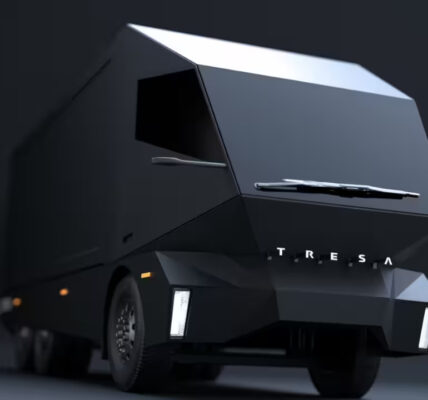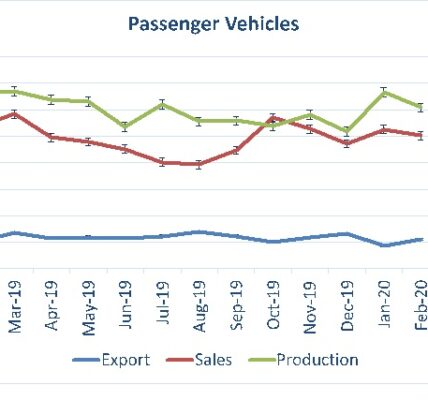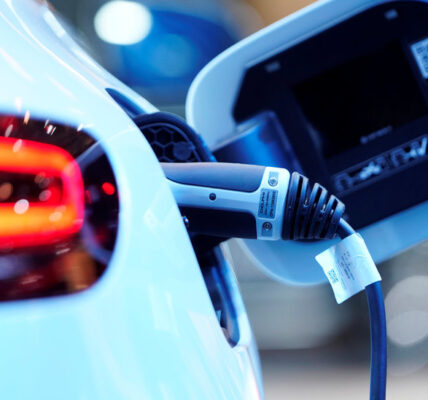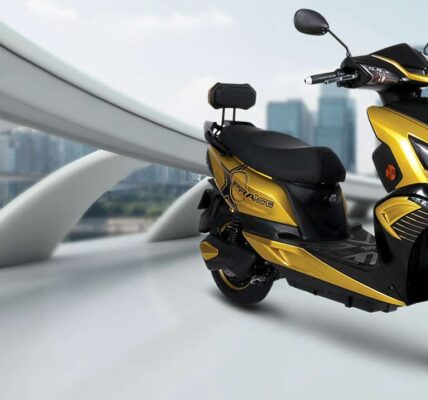Leading auto manufacturers are likely to put their electric vehicle (EV) plans on the back-burner as they focus on restoring demand for core bread-and-butter products, suggested a number of senior industry executives.
With mounting losses due to the disruption in operations and plans to recover investments made for meeting Bharat Stage VI emission norms, several automakers have temporarily kept their investments in electric mobility related projects — under the central government backed policy framework — in abeyance as focus will be on resurrecting the traditional businesses once the lockdown is lifted.
A few Industry Senior Officials on the other hand estimate that the post-covid-19 scenario may present an opportunity for increased EV adoption as consumers have taken note of the dramatic improvement in the air quality since lockdown.
Suzuki Motor Corp’s (SMC) battery plant, a joint venture with Denso Corp and Toshiba Corp, which was slated to commence production by end-2020, has been deferred.
“The present crisis also raises doubts on the earmarked investment of ₹3,715 crore under phase two,” a senior official aware of the development said in anonymity in an interview.
Rakesh Sharma, executive director, Bajaj Auto Ltd said that the EV business for any company will take a backseat as everyone is looking for stability.
“Typically, electric vehicles are resource guzzlers rather than value-add to the already stressed business at the moment. The EV business is not viable as of today as the technology is still evolving, the cost of batteries has to come down and we need to have infrastructure in place,” he said, adding that EVs will see slowed progress going forward.
Diego Graffi, CEO and MD of Piaggio Vehicles Pvt Ltd, said his company will drastically downsize the original production plan of making upto 5,000 electric three-wheelers this year. “We do see delay in the EV adoption by a few months but it will eventually take off,” he added.
Piaggio now plans to focus on its core products – diesel and CNG three-wheelers, which are used for last mile transportation.
A senior executive at a leading Indian passenger vehicle manufacturing company said any new investments, including electric vehicles, will definitely take a back seat for the time being since companies are focused on reviving their existing operations.
“Most of the firms will now look at utilizing the FAME subsidy if their vehicles fall under the purview of the scheme and existing EV products will be produced and sold. New product developments in the space will definitely not be a focus. Also, consumer pattern will change after this crisis. So, some of the companies may recalibrate their strategies. With severe cost cutting exercise, it is not possible to continue investing in such expensive technologies. There is no market for such cars as of now, so these developments can wait,” said the executive mentioned above.
According to Suraj Ghosh, principal analyst, IHS Markit, there were several investments made towards EV development in the last three to four years, which resulted in new product launches but the progress of the projects which are under development might get affected as OEMs’ financial priorities are expected to change due to the covid-19 impact.
“The OEMs would be more focused on the new post-covid19 environment – uncertain demand conditions, stressed dealers, manpower management, supplier readiness, etc. Also, the government focus too may divert towards more pressing social and economic issues, which could be another secondary blow to EV plans,” added Ghosh.
Meanwhile, Mahesh Babu, CEO at Mahindra Electric Mobility Ltd said his company has not cancelled any EV program because of the on-going crisis.
“In the next phase, we expect the EV segment growing at a faster pace due to the increase in awareness for the environment and towards cleaner technologies. In India, the focus in EVs is towards the mass mobility and last/first-mile commute and investments largely will not be held back unlike by global OEMs focusing on the personal segment,” he said.







